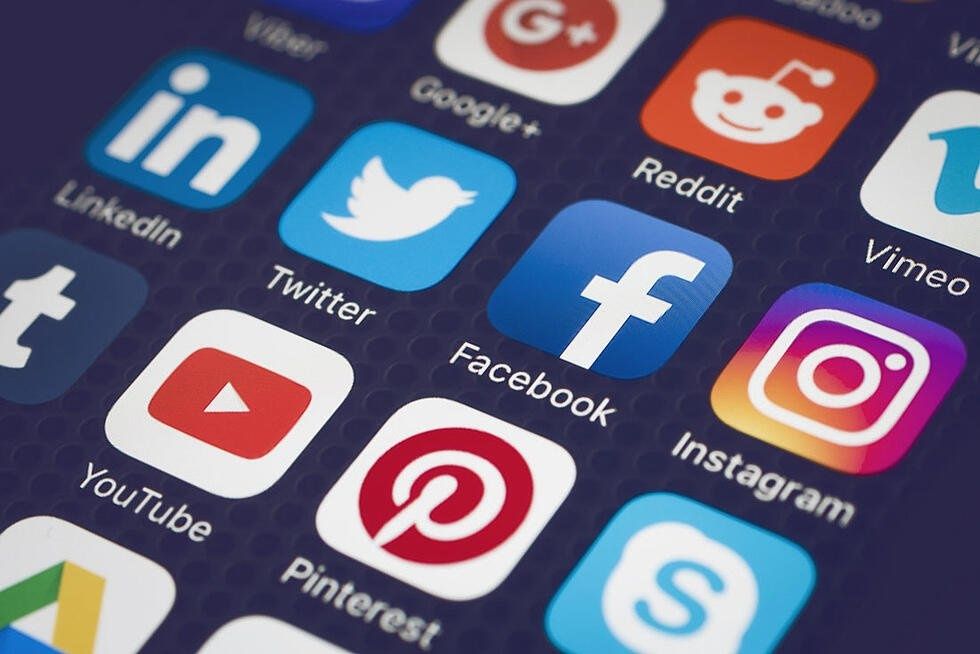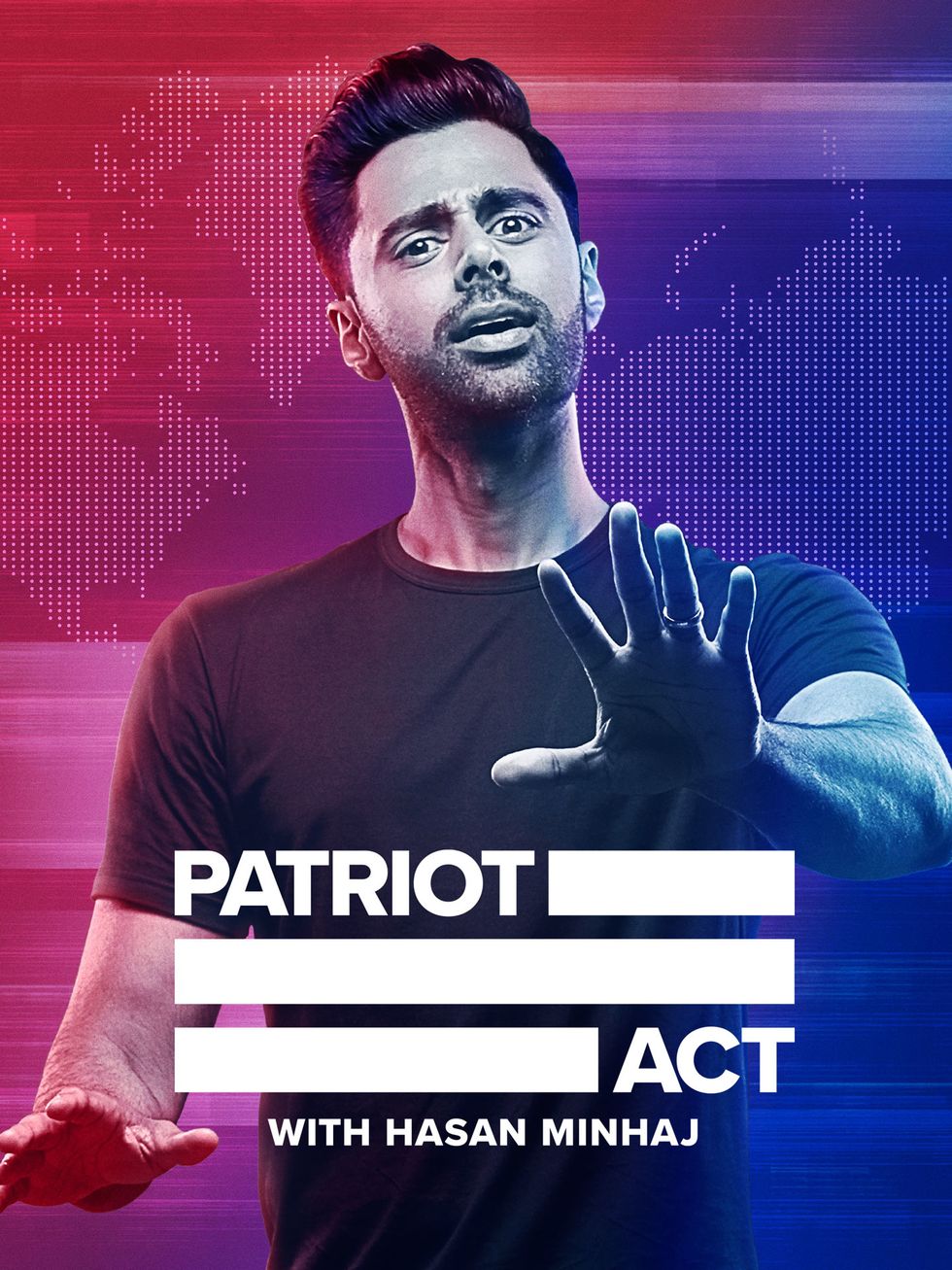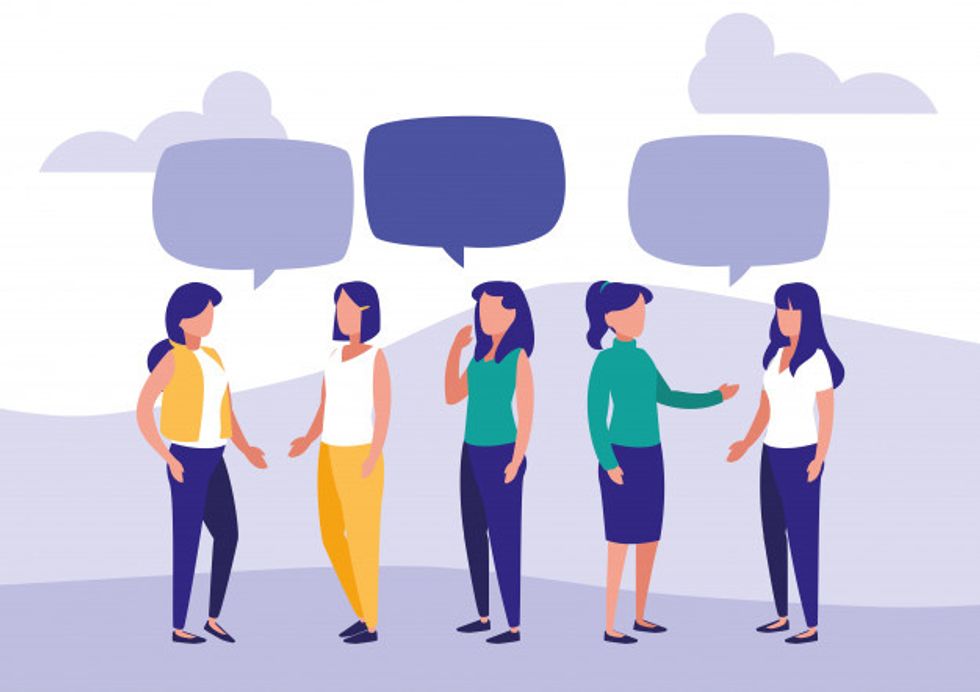After years of many staying in the dark when it comes to politics, people are finally starting to understand the importance of the field. Through the power of social media, global issues that have been going on for years are finally getting the exposure they deserve. From the humanitarian crisis in Yemen to the concentration camps holding Muslims in China, more and more of us are paying attention to how politicians and organizations are acting.
I am constantly trying to learn more about international relations and issues, and I am well aware that I am far from being an expert. However, as a student who has devoted my undergraduate career to studying politics, I spend as much of my free time as possible further educating myself on what is happening in the world. Obviously, it is virtually impossible to know about everything that is going on. If you are just beginning your journey of becoming more politically aware, it can be very overwhelming to differentiate between which forms of media will be the most helpful and accessible to you.
Although some may argue that politics is simply "too confusing" to even bother with, it does not have to be. There are many resources out there for people who want to know more, but don't know exactly where to start.
1. Read 'How to Be an Antiracist' by Ibram X. Kendi

Every system, especially the political system, in the United States in deeply rooted in white supremacy. You cannot talk about politics without understanding the ways in which it profits from racism.
2. Choose Relatively Nonpartisan News Sources

Despite what your older family members may argue, there is such thing as unbiased news. Consuming news regularly will help you on your political journey, so try looking into outlets such as NPR or the Associated Press that have been confirmed by the Gallup and Knight Foundation's Survey on Trust, Media and Democracy to be as neutral as possible.
3. Follow Politicians on Social Media

Unfortunately, not all of us have the time to read hours of news a day. Incorporating politics into your daily routine in small steps might be the most effective approach for you, so begin by following some politicians or news outlets on social media. I recommend starting off with politicians in your state so you can be informed about news that directly impacts you.
4. Watch Patriot Act with Hasan Minhaj

In this Netflix series, Hasan Minhaj provides information in a way that is accessible and effective. Whether he is discussing the corruption in Brazil or legalizing marijuana, he knows how to engage his audience. Plus, who doesn't love a little political comedy?
5. Listen to Political Gabfest

This podcast has been run by the triumphant trio of John Dickerson, Emily Bazelon, and David Plotz since 2005. Every week, the group comes together to discuss the most important events that happened in the past few days. Their unfiltered opinions are not only hilarious, but extremely relatable to everyone who is frustrated about the current state of the world.
6. Take Introduction to Politics Classes

If you are a college student and have room in your schedule in the upcoming semester, consider taking an introduction class in national, international, or comparative politics. For those who are not currently in school, there are many options to take free Political Science courses online.
7. Read 'The Nine: Inside the Secret World of the Supreme Court' by Jeffrey Toobin

images-na.ssl-images-amazon.com
In order to be politically engaged in the United States, you should probably know about all three branches of the government: legislative, executive, and judicial. Understanding how the leaders of the judicial system operate is imperative to figuring out the mess that is American politics.
8. Subscribe to theSkimm

If you typically check your email often, subscribing to theSkimm will help you dip your toe into the political world. Every morning, you'll receive a newsletter that includes important information about global issues.
9. Engage in Political Conversations

There is undeniably a stigma against discussing politics in casual conversation. Being politically active means talking to friends, colleagues, and (unfortunately) family about politics. These conversations can perhaps give light to different perspectives and show you which areas you need to learn more about.
It is okay to feel like you are behind the curve when it comes to political education, but it is not okay to remain ignorant. Start with small steps, and you'll be a pro in no time.
- The Nature of America: An Evolving Society ›
- 5 Ways To Keep Your Voice Heard After Elections ›
- 4 Simple Ways To Be More Active In Politics ›
- 8 Questions Political Science Majors Are Tired Of Answering ›
- How To Be A Politically-Active Constituent ›
- 3 Simple Ways to Become More Involved in Politics ›
- Families of 9/11 victims more politically active — and more Republican ›
- Conservatives are among the most politically active Americans ... ›
- Households with solar installations are ideologically diverse and ... ›
- How to Participate in Politics - A Year of Living Better Guides - The ... ›
- As Midterms Near, Democrats Are More Politically Active Than ... ›
- A Low-Tech Guide to Becoming More Politically Active - The New ... ›
- 5 Effective Ways to Get Politically Involved Ahead of the 2020 ... ›
- 25 ways to be politically active (whether you lean left or right ... ›














